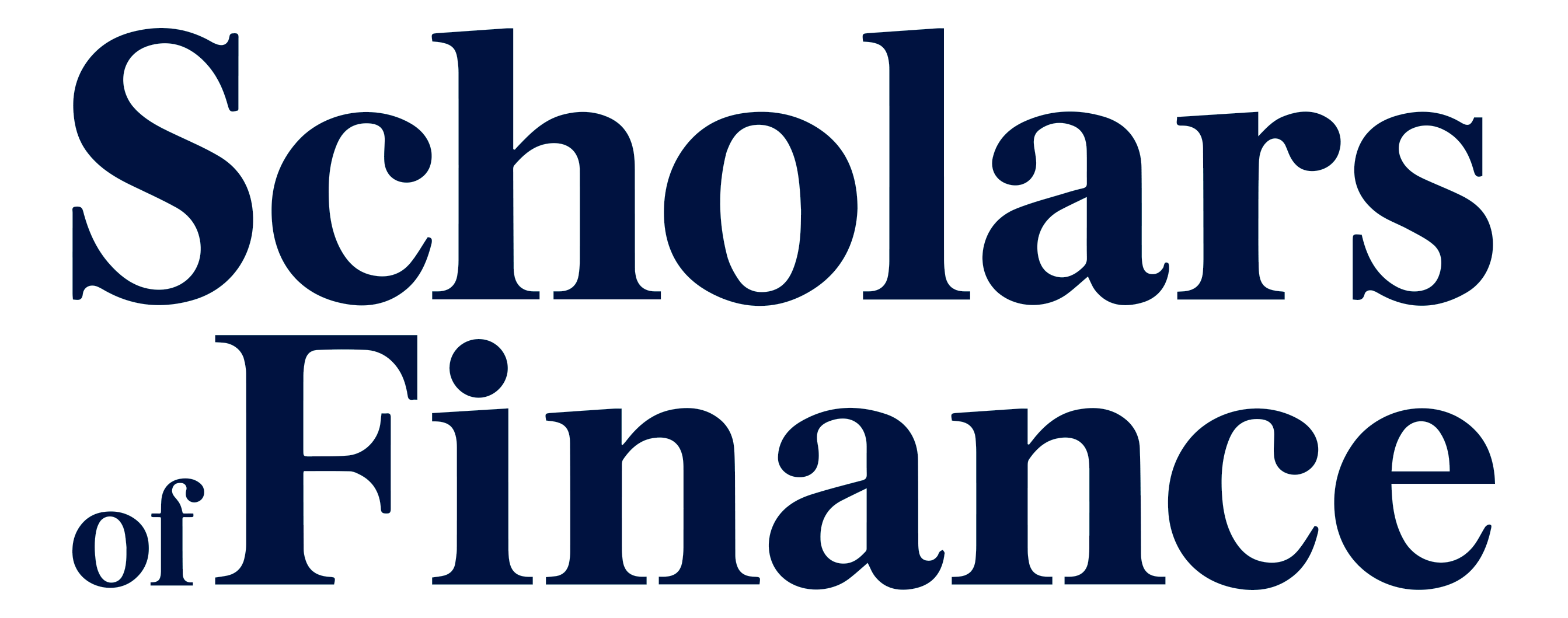
Defining finance is akin to defining nature itself: its functions and complexities are so broad in influence that it almost becomes too difficult to assign a straightforward definition. With businesses and people across the world threatened by the new coronavirus delta variant, companies going public at record rates, and new innovative solutions in every industry, the need for financial solutions has never been more apparent. As we see these recent developments and dynamic future trends, we must return to the basics and ask ourselves, what is the purpose of finance?
It can be easy to view the discipline as a means of financiers shifting around capital. Another view is that finance allows companies and individuals to progress in their endeavors, fueling the idea that finance “makes the world go round.” On a fundamental level, finance is the process of managing and raising money, but there is so much more to it.
Why Do We Need to Understand Finance’s Purpose?
As with our personal ambitions or in traditional altruistic lines of work, purpose drives action. But it is deeper than that. As Mission co-founder Bård Annweiler astutely states in Point of Purpose, purpose is the core of everything. Purpose gives us reason to work toward a cause and stay motivated. It allows us to create our identity, set goals, and communicate effectively. Purpose is our meaning in life.
The same can be applied to finance, and some would even argue that it is more important in finance considering the sheer impact it has on businesses, industries, and most importantly, people. By understanding the purpose of finance, we can truly maximize our role in the industry and orient its functionality to optimize for success. We can innovate beyond the imaginable, achieving feats at a scale never seen before. That said, when we lose purpose, we lose direction, which has dramatic ramifications when matters pertain to finance.
So, What is the Purpose of Finance?
In a broad sense, the purpose of finance is to be a means to provide and scale solutions. It allows businesses to grow, employ new workers, and build communities. It ensures that entire institutions remain intact and avoid devastating collapse. In this sense, finance is the mechanism which steers the direction of society at large. When viewing finance and its purpose, we must look past the idea that finance is solely about capital; rather, it is about how capital will impact people.
This is why ethics and morals are essential when applied to finance. With so much influence on the direction of society, it is in our hands to determine where society heads. In other words, it is clear that finance stewards capital which allow companies to grow, but how companies grow and which companies grow are determined by individuals’ decisions. This includes which industries we invest in and how well-run the companies we finance are. Additionally, with so many incentives linked to short-term gratification, it is easy to sometimes sacrifice our integrity or judgment when making decisions. This is why having values influence or even guide our decision making is of the utmost importance: when we are grounded in our morals and a general desire to make a positive impact, then not only will we benefit others, but we will benefit personally as well. The data supports this line of reasoning too. According to the McKinsey report “Profits with purpose: How organizing for sustainability can benefit the bottom line” by Sheila Bonini and Steven Swartz, “an investment of $1 at the beginning of 1993 in a value-weighted portfolio of high-sustainability companies would have grown to $22.60 by the end of 2010, compared with $15.40 for the portfolio of low-sustainability companies. The high-sustainability companies also did better with respect to return on assets (34 percent) and return on equity (16 percent).” Logically, this makes sense. By investing in our future and steering society in a beneficial direction, we are driving innovation as well as positioning ourselves for long-term success.
When we either forget the monumental consequences of our actions and finances, or when we have a poor use of judgment while stewarding capital, we have the potential to hurt millions of people. A classic example is the 2008 Financial Crisis: with a misalignment of incentives and a series of internal seemingly harmless manipulations in banks, employees were motivated by short-sighted decision-making. While the financial services industry was by no means the sole contributor to this financial and housing bubble collapse, even with significant governmental intervention, unemployment still rose to 10 percent and about 3.8 million Americans lost their homes due to foreclosure. In this sense, we lost sight of the purpose of finance. We lost sight of how we could harness our work to benefit the greater good. We lost sight of the impact our work has on society as a whole.
At a technical level, finance’s purpose is clear: to manage, raise, and invest capital; however, on a human level, which is arguably far more important, it is up to us to define its purpose. It is easy to become complacent in our understanding of finance’s purpose by viewing it solely from a technical perspective; doing so makes the job easier and more straightforward. Once we add purpose to the equation, however, each action we take has more weight, but we can also help others and ourselves more with this external understanding. With ethics and morals ingrained in our decision making, the purpose of finance soon becomes to steward capital for the greater good.
Going Forward
So, by understanding the purpose of finance and how consequential our actions are within this broad space, what can we do moving forward? On a macro level, institutions and governments can invest in solutions that are sustainable and benefit communities.
On an individual level, there are steps we can take to maximize finance’s purpose:
- If you do not work in the financial services industry, seek to understand how finance impacts your life – you will find it is much more involved than expected. With this understanding, you will not only be better informed, but you can advocate for certain causes with attainable approaches.
- If you have a junior level position in the financial services industry, continue to have your purpose drive your work. Again, when we lose sight of the impact of our work or why each of our job functions matter, we become complacent and begin to view our actions as solely transactional. Instead, keep your work people-oriented, and remind yourself of your mission every day.
- If you are a finance leader, realize the importance and impact your work has on others. You have the potential to contribute to shaping the course of history, either for better or for worse. Never underestimate how your actions and decisions influence others, ranging from those working alongside you to the millions of stakeholders you are responsible for.
By taking these actions, we will become one step closer to having finance work for everyone–and while the entire global population may not understand finance’s purpose to this degree overnight, we will make incremental success toward this end goal. After all, when it comes to societal awareness in the lens of finance, we are not in a sprint but instead a marathon.






Recent Comments